The Bank of Namibia has announced the launch of its own gold purchase programme—three years after Ghana’s successful rollout of the same initiative.
The programme, pioneered by Ghana’s former Vice President Dr. Mahamudu Bawumia and adopted by the Bank of Ghana in 2022, was designed as a strategic response to the global economic crisis. At the time, Ghana was battling a rapidly depreciating cedi, soaring inflation, and depleted foreign reserves. The solution: use cedis to purchase gold locally and bolster national reserves—lessening reliance on the US dollar and insulating the economy from global shocks.
Namibia is the latest African country to follow suit. According to a recent statement from the Bank of Namibia (BoN), gold will now constitute 3% of the nation’s net foreign exchange reserves. BoN Governor Johannes Gawaxab described the decision as a key element of ongoing economic reforms aligned with President Netumbo Nandi-Ndaitwah’s broader financial strategy.
“This move places Namibia in step with a growing wave of economic sovereignty across Africa,” Gawaxab noted. “Ghana’s success demonstrated that gold can be more than a commodity—it can be a currency stabilizer.”
A Made-in-Ghana Solution for Africa

Ghana’s gold purchasing programme has been widely celebrated for stabilizing the local currency and fuel prices. When introduced, Ghana had just 8 tonnes of gold reserves. By the end of the former administration’s tenure in January 2025, the Bank of Ghana had increased this to 30 tonnes, with a further tonne added this year.
The initiative was further complemented by the “Gold for Oil” policy, where Ghana used its gold reserves to directly pay for oil imports—easing pressure on the cedi and reducing fuel prices from over GHS 22 per liter to around GHS 15.
The ripple effect was swift. Kenya, Rwanda, Tanzania, Mozambique, and Eswatini have since launched similar programmes, having sent delegations to Accra to study Ghana’s model firsthand.
A Continental Shift Toward Resource-Based Stability
Namibia’s entry into this growing list is a clear signal of changing attitudes on the continent toward foreign reserve management and self-reliance.
“This is not just about gold,” said Dr. Elsie Ofori, a financial economist at the University of Ghana. “It’s about Africa leveraging its own resources to define its monetary destiny, without constantly turning to foreign aid or borrowing.”
As global economic uncertainties persist, especially with fluctuations in major currencies and commodity prices, experts believe Africa’s tilt toward gold-backed reserve policies may offer a buffer against future shocks—and redefine how the continent handles currency volatility.
Ghana: A Case Study in Economic Innovation
From economic brinkmanship to becoming a continental reference point, Ghana’s journey with its gold reserve policy is being etched as a case study in African central banking circles.
While challenges remain, particularly in ensuring transparency and sustainable gold sourcing, Ghana’s gold purchase programme has already become a symbol of fiscal creativity in the face of adversity.
As Namibia now joins the fray, the continent watches closely to see whether this shared golden path can lead to stronger, more stable economies across Africa.



